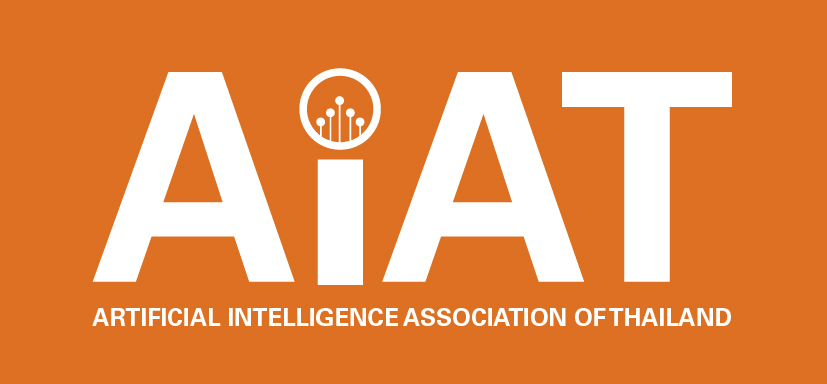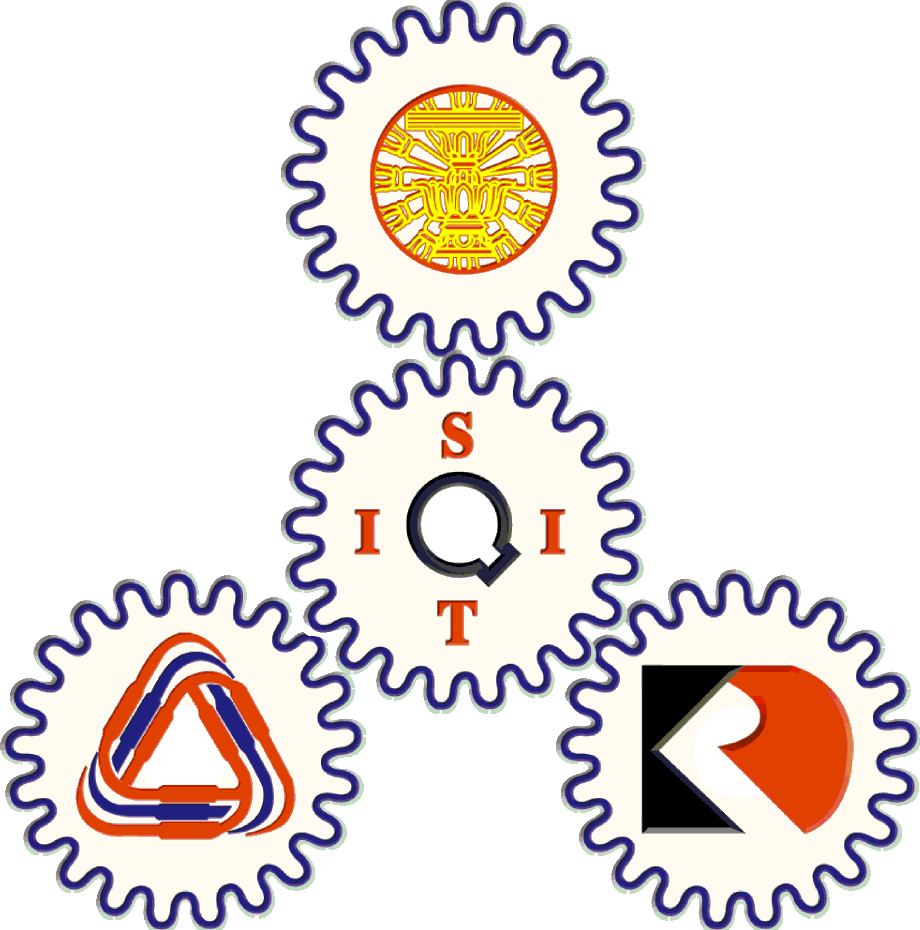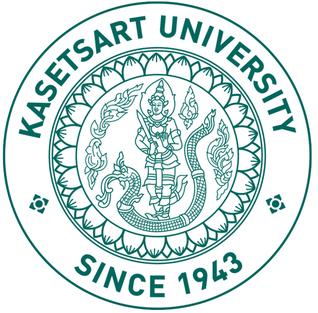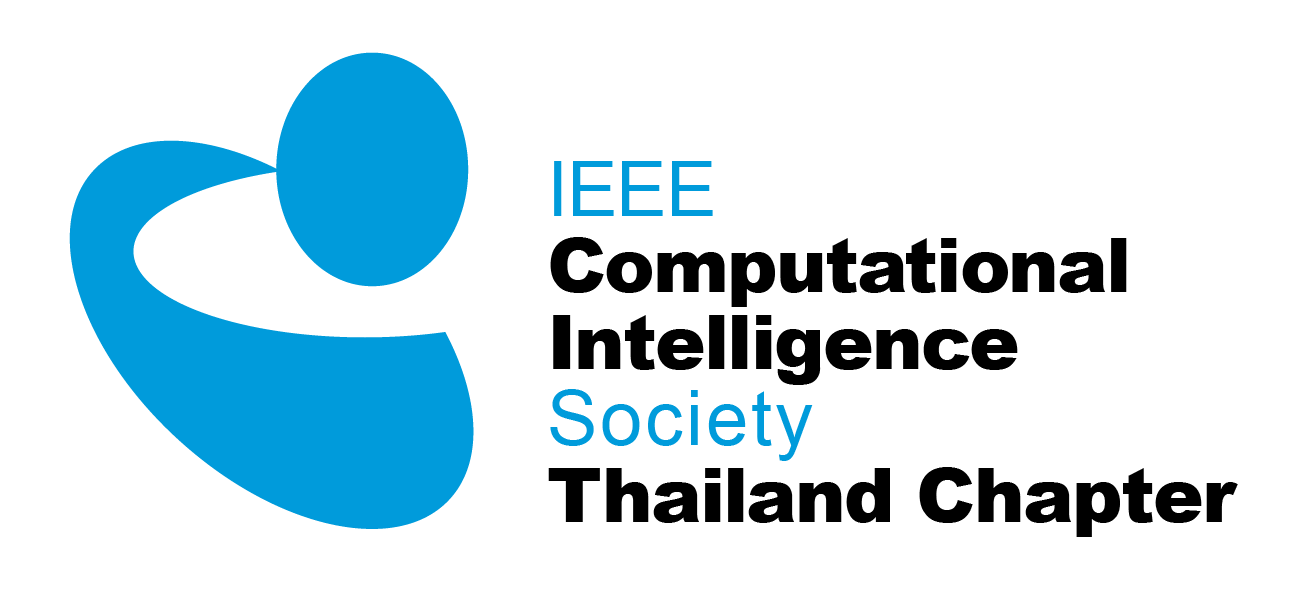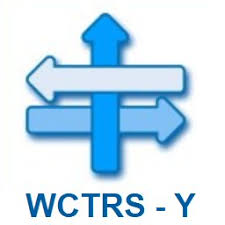About Chiang Mai
Thailand’s “Rose of the North” is a cultural and natural wonderland with ethnic diversity, a multitude of attractions, and welcoming hospitality.
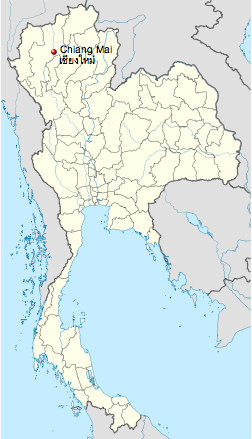 Chiang Mai literally means “new city” and has retained the name despite celebrating its 700th anniversary in 1996. King Meng Rai the Great founded the city as the capital of the Lanna Kingdom on Thursday, April 12 1296 around the same time as the establishment of the Sukhothai Kingdom. King Meng Rai even conferred with his friends, King Ramkhamhaeng of Sukhothai and King Ngam Muang of Phayao before choosing the site where the capital of the Lanna Kingdom was to be founded. Henceforth, Chiang Mai not only became the capital and cultural core of the Lanna Kingdom, it was also to be the center of Buddhism in northern Thailand, King Meng Rai himself a very religious leader who even founded many of the city’s temples that remain important to this day.
Chiang Mai literally means “new city” and has retained the name despite celebrating its 700th anniversary in 1996. King Meng Rai the Great founded the city as the capital of the Lanna Kingdom on Thursday, April 12 1296 around the same time as the establishment of the Sukhothai Kingdom. King Meng Rai even conferred with his friends, King Ramkhamhaeng of Sukhothai and King Ngam Muang of Phayao before choosing the site where the capital of the Lanna Kingdom was to be founded. Henceforth, Chiang Mai not only became the capital and cultural core of the Lanna Kingdom, it was also to be the center of Buddhism in northern Thailand, King Meng Rai himself a very religious leader who even founded many of the city’s temples that remain important to this day.
Chiang Mai is one of the few places in Thailand where it is possible to experience both historical and modern Thai culture coexisting side by side: the city features centuries-old chedis and temples next to modern convenience stores and boutique hotels. This dichotomy is best appreciated within the moat-encircled old city, which retains much of the fortified wall that once protected the city center as well as the four main gates that provided access to the former Lanna capital city.
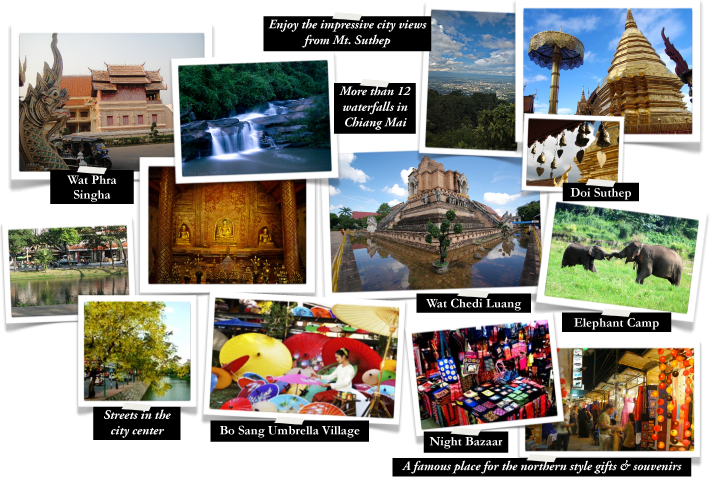 For more information:
For more information: Thailand Travel Guide for Chiang Mai (Tourism Authority of Thailand)


